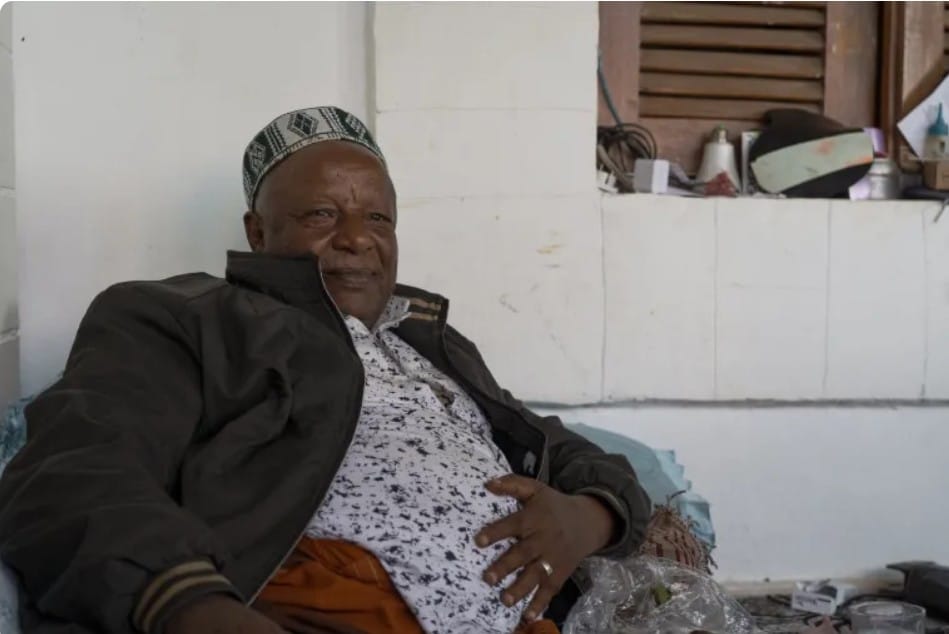In the heart of Harar’s ancient walled city, 75-year-old Abdallah Ali Sherif is quietly preserving the cultural soul of one of Ethiopia’s most historic towns. Surrounded by shelves of old cassette tapes and piles of weathered newspapers, the father and grandfather has spent decades recovering Harar’s lost heritage—one book at a time.
Growing up in eastern Ethiopia, Abdallah was met with silence whenever he asked about his city’s past. “Our parents were too afraid to teach us,” he says, seated on a floor mattress in his modest home. Like many of his generation, he was discouraged from exploring his roots during politically sensitive times.
But Harar’s history is anything but empty. Once the capital of the Adal Sultanate in the 16th century, the city stood as a vibrant hub of Islamic scholarship. Its scholars produced handwritten Qurans, legal documents, and spiritual texts in Arabic and Ajami—a script that adapts Arabic letters to African languages.
Perched on a plateau overlooking vast deserts and grasslands, Harar connected the Horn of Africa’s coastal and inland trade routes. Its narrow alleyways and brightly painted homes still echo with the legacy of a cosmopolitan center that once influenced regions across modern-day Ethiopia, Somalia, Djibouti, and Eritrea.
Today, Abdallah is helping to revive that legacy. As a bookbinder and collector of historical materials, he bridges the past and present—giving younger generations access to the cultural riches their ancestors once feared to share.



